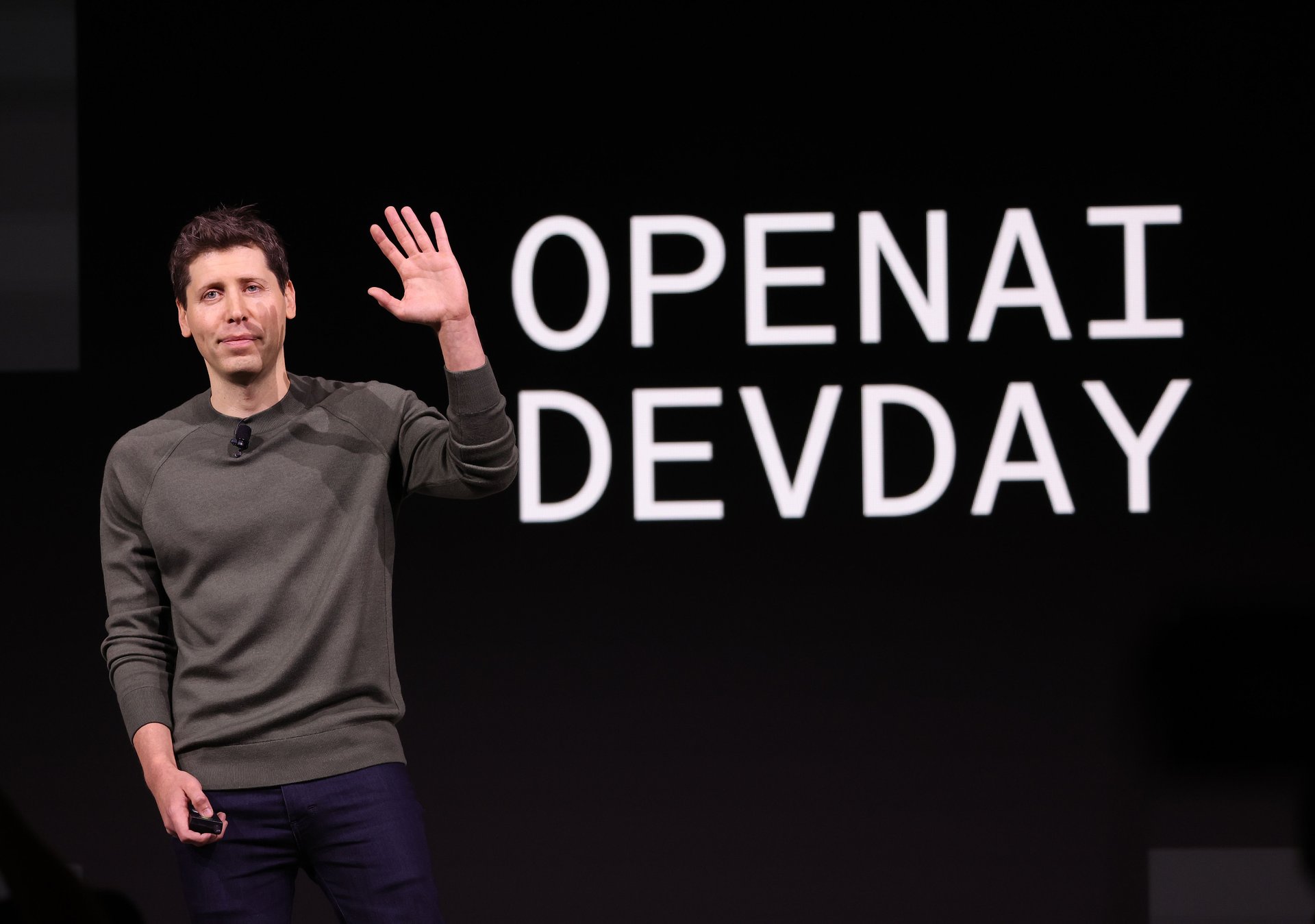'Someone has broken into our home and stolen something': An OpenAI exec on Meta's poaching spree
Fresh defections to Mark Zuckerberg’s “superintelligence lab” at Meta spark an urgent compensation overhaul at OpenAI

Justin Sullivan/Getty Images
Meta just pulled off a high-profile heist in Silicon Valley’s AI arms race — and OpenAI isn’t taking it lightly.
Suggested Reading
Over the past week, Meta recruited four senior OpenAI researchers to join its newly formed “superintelligence lab” — and their departures (following earlier departures) prompted OpenAI chief research officer Mark Chen to sound the alarm internally over the weekend. “I feel a visceral feeling right now, as if someone has broken into our home and stolen something,” Chen wrote in a staff-wide Slack message obtained by Wired. “Please trust that we haven’t been sitting idly by.”
Related Content
The memo signals just how seriously OpenAI is treating Meta’s talent grab — and how personal things have become. CEO Mark Zuckerberg has reportedly been reaching out directly to OpenAI employees with aggressive offers, including signing bonuses and first-year compensation packages rumored to be as high as $100 million, according to OpenAI CEO Sam Altman. Some Meta-linked researchers have publicly disputed the rumored compensation figures — calling them “fake news” — but Meta hasn’t denied that big checks are being written.
Still, the messaging war continues: Altman has framed Meta as pushing a short‑term compensation play over long‑term innovation culture. Meanwhile, Meta CTO Andrew Bosworth has defended the company’s approach, acknowledging such scarce talent “commands a significant market premium.”
Inside OpenAI, leaders are scrambling to hold the line.
Chen said that he’s been working with Altman “around the clock” to talk to employees considering Meta offers and that the company is “recalibrating comp” and rolling out ways to recognize top talent. That includes personalized retention efforts, last-minute counteroffers, and what Chen described as “creative” reward strategies.
Zuckerberg’s “superintelligence lab" — an AI research group focused on building artificial general intelligence — has become a high-priority project at Meta as the company looks to catch up to OpenAI’s lead and jockeys for pole position in a crowded AI field. Internally, Meta’s group is said to include roughly 50 top researchers, with new hires coming from not just OpenAI but also Google’s DeepMind, Anthropic, and Scale AI. According to The Wall Street Journal, Zuckerberg has been personally involved in the recruitment push (inviting top talent to his homes and creating a “Recruiting Party” group chat with other Meta execs).
Meta is reportedly in talks for a $10 billion-plus investment in Scale AI — a data platform company that helps companies train models — and the company will likely play a big role in Zuckerberg’s plans. Alexandr Wang, the company’s founder and CEO (and former housemate of Altman), has been tapped to join Meta’s venture, and the investment deal is poised to bring other Scale AI employees to Meta.
Sources told The New York Times that Meta's AI lab is part of a larger reorganization effort and comes at a time when Zuckerberg has been frustrated by failing product releases, such as Llama 4, which has been questioned both internally and externally by developers. Despite Zuckerberg’s claims that Meta’s Llama model worked as well as (or better than) models from industry leaders, researchers largely decided that Meta’s model was designed to look more advanced than it actually was.
The timing of Meta’s raid of top talent wasn’t lost on OpenAI, which is entering a company-wide “recharge” week to give its staff a break. “Meta knows we’re taking this week to recharge and will take advantage of it to try and pressure you to make decisions fast and in isolation,” one OpenAI leader warned, according to Chen’s memo. Staff were encouraged to reach out if contacted by Meta — and were told that “ridiculous exploding offers” don’t need to be accepted on the spot.
OpenAI is now trying to shift focus back to its broader mission. “Skirmishes with Meta are the side quest,” Chen wrote. “We need to remain focused on the real prize of finding ways to compute (a lot more supercomputers are coming online later this year) into intelligence.” But with Zuckerberg aggressively poaching from the company that helped define this AI era, the line between side quest and main storyline is getting blurrier by the day.
